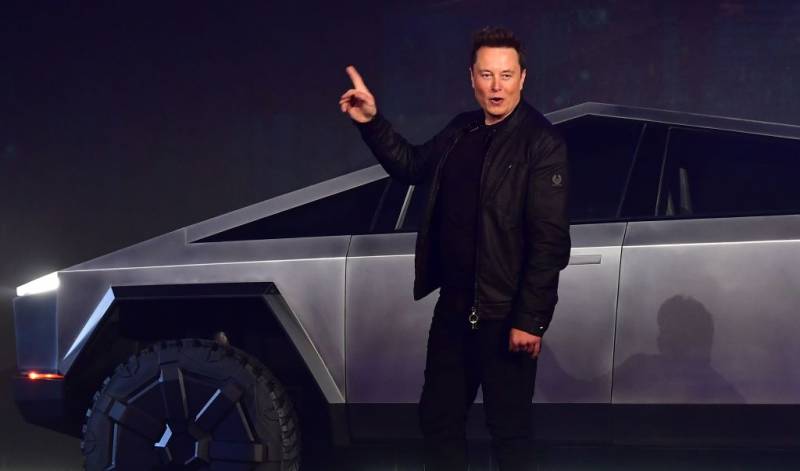O
n March 25 of this year, just as windows were boarded up and workers headed home for the start of shelter in place, the U.S. Chamber of Commerce published an article telling American small businesses how to survive. The advice amounted to this: ask for donations.

“While government stimulus plans are being discussed, many local businesses simply can’t wait,” the webpage advised. “That’s why some have turned to their loyal patrons and wider communities to help them meet their immediate needs in these uncertain times… If your business is considering a crowdfunding campaign to mitigate COVID-related financial losses, here’s what you need to know and a few popular platforms to consider…”
Nearly six months later, we’ve all seen our fair share of crowdfunding campaigns. And we’ve also seen how little they, and the federal government’s conservative relief efforts, have done to stem the tide of small business closures.
In May, however, a handful of Bay Area restaurants were granted a reprieve, when Mark Zuckerberg stepped in and gave his eight “personal favorite” eateries $100,000 each, to ride out shelter in place securely. While that’s undoubtedly a relief for the chosen few, the truth is that Zuckerberg could have given that much money to 10,000 restaurants and he still would have been left with $95 billion for himself.
Meanwhile, since shelter in place began, 40 million people have filed for unemployment, and the food insecurity rate for parents has been hovering between 20 and 25%. To say that COVID-19 has gravely transformed the lives and the priorities of human beings around the globe would be a gross understatement—except, that is, if you apply it to the super-rich.


